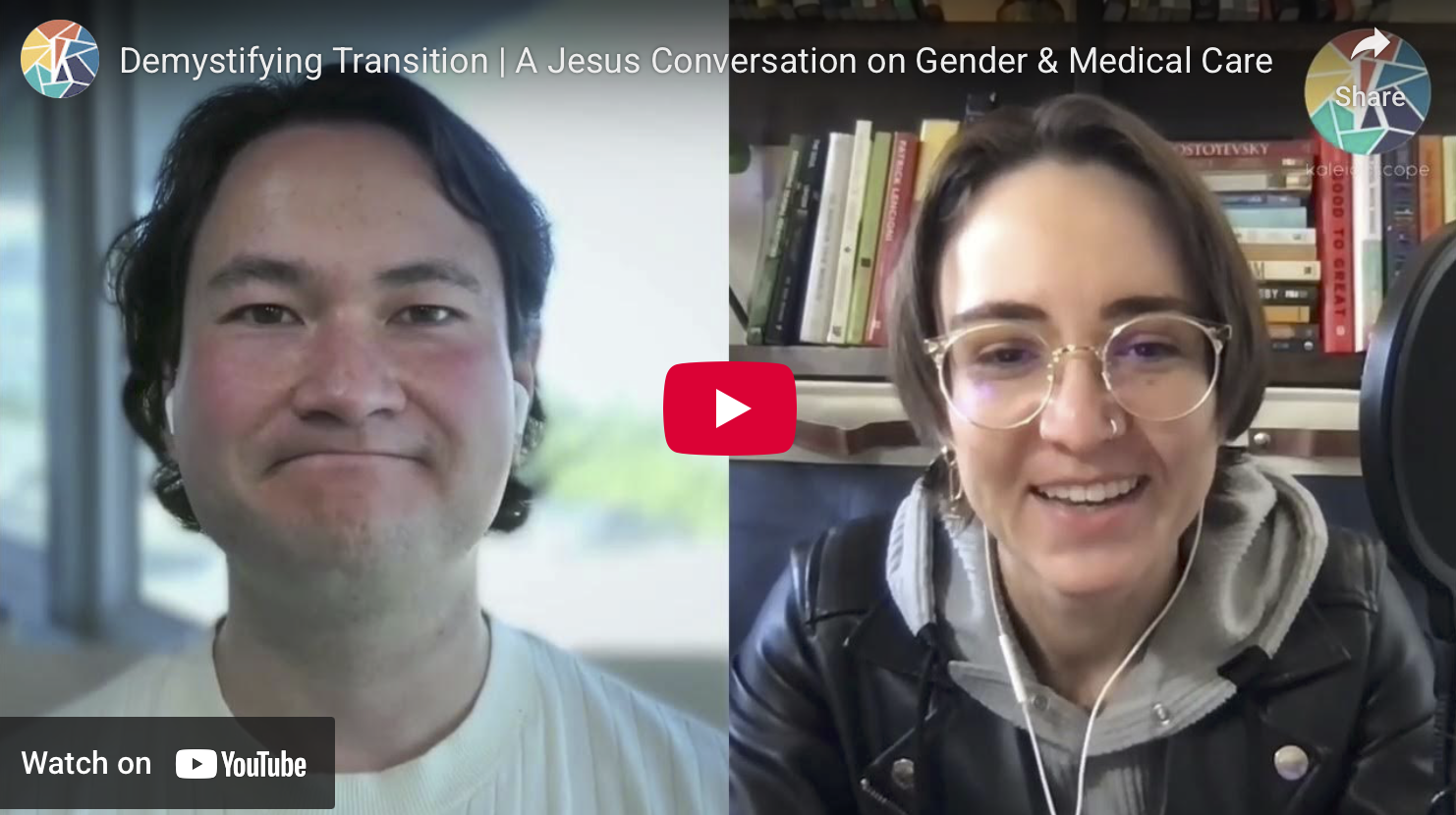Podcast: Demystifying Transition | A Christian Conversation on Gender & Medical Care
Navigating gender identity and transition can be a daunting journey for individuals and families alike. Many questions arise, especially within faith communities, regarding what gender transition entails and how to approach it compassionately. In this post, we will explore insights shared by Carter Doyle, a board-certified psychiatric mental health nurse practitioner, who offers a nuanced understanding of gender transition. His perspective emphasizes the significance of patience, understanding, and the need for safe spaces in discussions surrounding gender identity.
When the Pastor Breaks the Brokenhearted: Spiritual Abuse by Those Called to Lead
When spiritual authority is misused, the injury extends beyond conflict into attachment rupture, moral injury, and identity fragmentation. Drawing from trauma research and lived experience, this post explores why spiritual abuse cuts so deeply and how healing unfolds.
Antidepressants, Suicide Risk, and the FDA Black Box Warning: Unintended Consequences
The FDA black box warning on antidepressants often causes fear rather than clarity. Here’s what patients deserve to know about suicide risk, monitoring, bipolar screening, and why thoughtful psychiatric care matters.
Naming Religious Trauma: When Church Becomes Unsafe
When church becomes unsafe, the harm is not only spiritual. It reshapes identity, attachment, and the nervous system itself. Drawing from lived experience and clinical work, this post names how religious trauma develops, why it hurts so deeply, and why leaving is often an act of survival.
A Path Toward Healing for LGBTQ+ People Hurt by the Church
Many LGBTQ+ people carry deep wounds from church rejection, discipline, or “love” that came with conditions, and those wounds often linger in the body long after leaving. This post names the real pain and the protective reactions that can form around it, offers clear guidance on what supportive bystanders can do, and outlines what churches must show through accountability and repair for safety and trust to be possible again. It also shares gentle, practical steps for inner healing, whether or not returning to church is ever part of your story.
When Your Inner World Feels Like Chaos, Religion Can Feel Like a Lighthouse
When your inner world feels chaotic or divided, religion can feel like a lighthouse: a steady source of order, meaning, and hope. But sometimes faith gets used, without us realizing it, as a way to control pain or avoid what is happening inside, leading to rigidity, shame, or spiritual bypassing rather than real peace. This post explores the difference between a faith that helps you turn toward your interior life with honesty and compassion versus a faith that helps you escape it, and offers a gentle “You-Turn” practice for reconnecting with the vulnerable places within so spirituality becomes embodied transformation instead of performance.
Getting Started with Internal Family Systems (IFS) Therapy
IFS offers a compassionate way to understand all of these inner experiences without pathologizing any of them. It’s a trauma-informed model that sees your mind as a system of “parts,” guided by a core Self that is calm, wise, and deeply compassionate.
Suicidality and Religious Faith in LGBTQ+ People
Religion can be a profound source of comfort, identity, and meaning. But for many LGBTQ+ people, faith and identity collide in painful ways. Research across more than two decades shows a consistent pattern: when religion becomes a source of shame, rejection, or pressure to hide who one is, suicide risk rises sharply
Understanding Suicidality in LGBTQIA+ People: An IFS-Informed Approach to Hope, Healing, and Support
Decades of research from the U.S., Canada, Australia, New Zealand, South Korea, Colombia, and the U.K. consistently show that LGBTQIA+ people face disproportionately high rates of suicidal thoughts and behaviors, not because of who they are, but because of what they’ve endured.
Internal Family Systems (IFS) gives us a compassionate framework for understanding suicidal feelings—not as pathology, but as protective parts doing their best to help someone survive overwhelming pain.
The Hidden Psychiatric Risks of THC: What the Research Shows
Many people report short-term relief from anxiety, stress, or difficulty sleeping. However, the scientific literature strongly demonstrates that THC can increase the risk of psychosis, worsen impulsivity and emotional dysregulation, increase the likelihood of Bipolar Disorder symptoms, and interfere with normal brain development. These risks are most significant in vulnerable individuals and in people under age 25.
How Common and How Harmful, Conversion “Therapy” Is
For decades, LGBTQIA+ people have been subjected to so-called “conversion therapy,” a term that sounds clinical but hides a painful truth. These practices—whether called reparative therapy, biblical counseling, or inner healing—are not therapy at all. They are attempts to change, deny, or suppress someone’s sexual orientation, gender identity, or gender expression, and the data show they are widespread, harmful, and costly.
What Conversion Therapy Survivors Need to Heal
Survivors describe conversion attempts as a form of psychological and spiritual abuse that left deep wounds long after the sessions, prayers, or programs ended. Over the past two decades, research from Canada, Australia, New Zealand, the U.K., and the U.S. has helped clarify what survivors need to recover and rebuild their lives.
The Science Behind the NADA Acudetox Protocol
Developed in the 1970s at Lincoln Hospital in the Bronx, the National Acupuncture Detoxification Association (NADA) protocol uses five ear points on each side:
Shen Men, Sympathetic, Kidney, Liver, and Lung.
These points are thought to regulate the nervous system, reduce stress responses, and promote balance during recovery.













